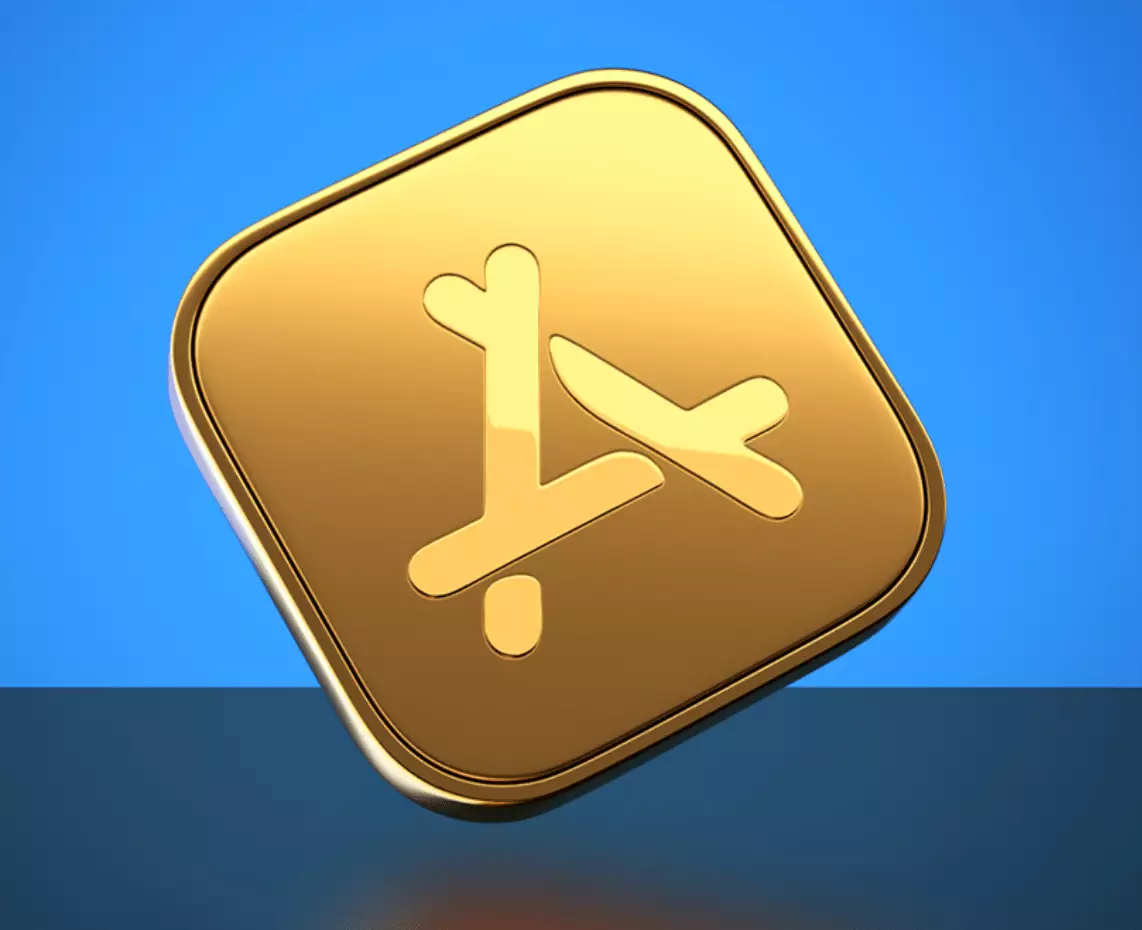Apple’s annual selection for the coveted “iPhone App of the Year” award has once again sparked debate surrounding the tech giant’s perceptions of artificial intelligence (AI) within the mobile application ecosystem. In stark contrast to the burgeoning popularity and integration of AI technologies in various sectors, Apple’s 2024 shortlist continues to underscore its preference for traditional app functionalities—those that empower users through direct, actionable tasks rather than automation or intelligent assistance.
In its quest for excellence in mobile applications, Apple has selected finalists that predominantly favor conventional tools—apps designed to facilitate specific user tasks. For instance, finalists such as Kino—aimed at enhancing professional videography skills—Runna for personalized running plans, and Tripsy for travel organization all exemplify Apple’s inclination towards practical utilities. While the AI landscape continues to expand, with applications like ChatGPT and Anthropic’s Claude making waves in consumer technology, it’s noteworthy that these were conspicuously absent from Apple’s top honors this year.
The omission raises questions about Apple’s stance on AI’s role in the app ecosystem. Despite ChatGPT partnering with Apple to enrich Siri’s capabilities, and boasting impressive user growth, the lack of acknowledgment from Apple’s editorial team is perplexing. Although patience is key in technology, where consistency often takes precedence over flash, Apple’s decision to overlook such a revolutionary application is indicative of a broader trend where genuine innovation may not always be aligned with human-centric values.
These awards are more than mere accolades; they hint at the values that guide Apple’s platform strategy. By honoring apps such as Kino and Runna, Apple emphasizes human creativity and elevated user experience as fundamental components of success within its ecosystem. While AI applications such as ChatGPT may convert dialogue into dynamic human-like conversations, Apple’s finalists suggest that the company seeks to highlight applications that directly enhance personal productivity and creativity.
Interestingly, a few AI-powered applications did appear in Apple’s lists for iPad and Mac awards—but their numbers are sorely limited compared to traditional apps. For example, Moises, an AI-driven music practice platform, found itself in the running alongside the children’s favorite Bluey and the animation tool Procreate Dreams. However, what stands out is the discrepancy in representation. Other apps, like Adobe Lightroom, which have boasted AI functionalities, were still selected for their fundamental user-facing benefits rather than their AI aspects.
Reflecting the shifting paradigms of emerging technologies, Apple has introduced a new category this year for Apple Vision Pro applications, which will spotlight both an app and a game winner. This new initiative could mark a pivotal point for Apple’s engagement with cutting-edge technology, though it remains to be seen how innovative and AI-centric these selections will be.
One must wonder if this hesitance is a fear of losing its core identity amid a rapidly evolving technological landscape. Apple has built a legacy centered on user empowerment—a characteristic demonstrated by the tools it chooses to elevate. Maintaining this focus may benefit the company by ensuring that its brand philosophy remains intact as AI technology permeates more facets of life.
As elucidated through Apple’s choices for its 2024 App of the Year awards, a clear trajectory emerges—a pronounced preference for applications that continue to prioritize the empowering aspects of human creativity. The company appears to affirm a belief that while AI can provide automation and efficiency, the human touch in application development and usage remains indispensable.
This year’s finalists are not merely apps; they are representations of a philosophy that celebrates and nurtures the human experience in digital environments. The contrasting perspectives on AI innovations signal not only a wide spectrum of consumer preferences but also the need for a balanced approach in recognizing technological advancements. As mobile technology continues to evolve, it will be intriguing to see how Apple navigates this complex interplay between humanity and automation in app development and curation in the years to come.

